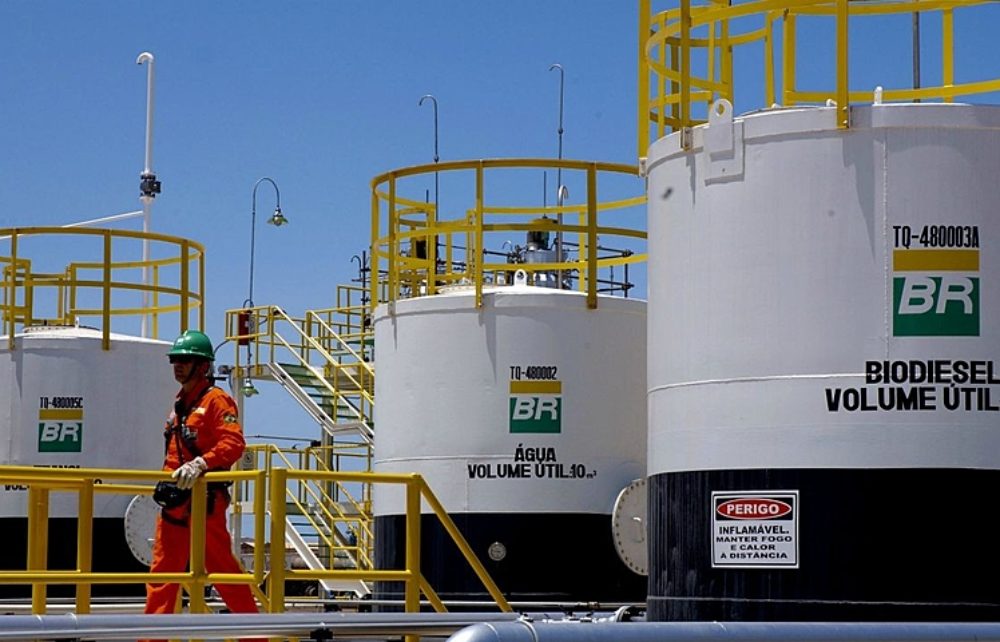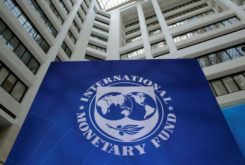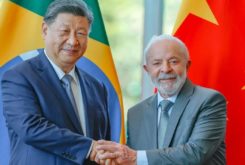Brazil’s Petrobras projects a surge in oil exports, including to China, its main market, and is looking to diversify sales in Asia, according to the President of the state-owned company, Roberto Castello Branco.
In a virtual presentation to investors during the state-controlled company’s annual investor day, Petrobras executives said on Monday that crude exports are forecast to climb to an average of 891,000 bpd from the 445,000 bpd that the company averaged in the five-year period ending in 2019.
Chief Executive Roberto Castello Branco said that oil sales to China, the main market for Brazilian exports, should continue to grow as production in the giant Búzios field in the pre-salt increases.
Production from the huge Búzios field is increasing Brazil’s oil surplus, which has allowed Petrobras to raise its 2020 production target by 5% in recent weeks.
While China has emerged as Petrobras’ most important export market, he added, the company is working to develop other markets, particularly in Asia, such as India.
The company has started exporting oil to India, and intends to have the Asian country as a relevant supplier in the future, in order to minimize dependence on China for its exports.
“We expect a positive evolution in the near future, in approximately three years to have a consolidated position in the (Indian) market.”
The company is also expanding fuel exports to Singapore, which acts as a shipping center, has increased purchases of low-sulfur fuel from Petrobras to comply with the new maritime legislation, which aims to reduce greenhouse gas emissions, Castello Branco added.
In the same presentation, accompanied by executives’ comments, the company said it planned to divest $25 billion to $35 billion in assets from 2021 to 2025. That was up from the $20 billion to $30 billion in divestments projected for 2020-2024.




